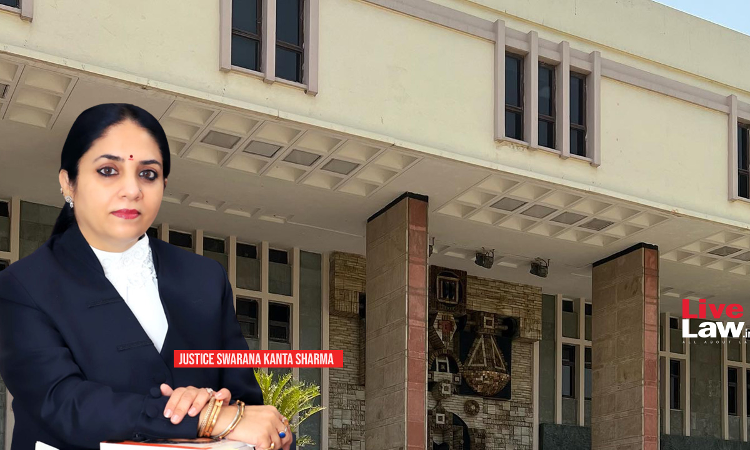The Delhi High Court has said that judges must exercise more control and caution while passing strictures against investigating authorities and police officers on their professional capabilities since it may impair a person’s confidence and have a negative impact on work and reputation. Justice Swarana Kanta Sharma observed that a thin wall that exists between adjudicatory liberty to point...

